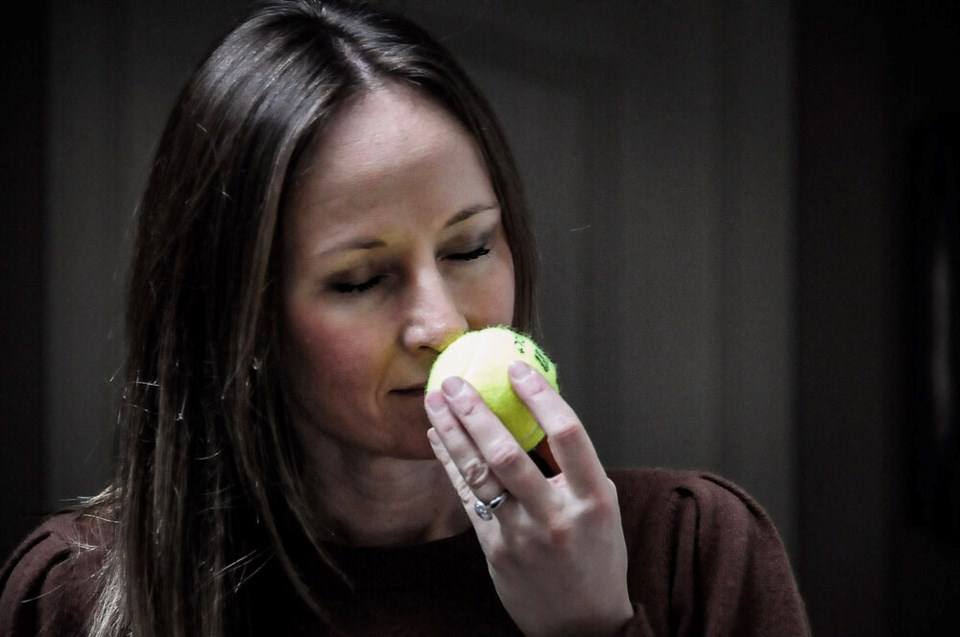Nearly 15 per cent of Canadians who tested positive or suspect they had COVID-19 say they have been hit by long-term symptoms of the disease.
This represents 1.4 million people across the country, or 4.6 per cent of the population 18 and over, according to a Statistics Canada report released this week.
On Thursday, a group of health care professionals, scientists, politicians and patients called on the federal government to create and deploy a national strategy to soften the impacts of long COVID.
“Canada must act now in a strategic manner to help ease the burden of long COVID on our healthcare systems, on our economy and on the lives of those who are struggling,” said Dr. Stan Kutcher, a psychiatrist and independent senator for Nova Scotia, in a written statement.
Also known as “long-haulers,” long COVID encompasses a spectrum of symptoms, including fatigue, shortness of breath, throat or chest pain, headaches, cognitive problems, and anxiety or depression.
Various studies have found between 10 and over 30 per cent of people who fall ill with COVID-19 have lingering symptoms months later.
Recent research tracking the electronic records of more than 270,000 confirmed COVID-19 survivors found over 36 per cent had one or more long COVID symptoms three months after they were infected.
The study found that those with more severe COVID-19 illness had a higher risk of COVID-19. Adult females also more likely to develop long COVID symptoms, a trend echoed in the StatsCan survey, where 18 per cent of women reported prolonged symptoms compared to 11.6 per cent of men.
A third of Canadian adults who reported long COVID symptoms said they had recovered from an initial bout of the illness before symptoms returned, according to the StatsCan survey.
“People are hurting,” said Susie Goulding, a long COVID patient and founder of the COVID Long-Haulers Support Group Canada.
Goulding said those without tight-knit social connections and emergency savings are suffering the most.
“We are too sick to work, and we are living paycheque to paycheque. Canadians are being left behind. We need help and can no longer afford to wait for it."



